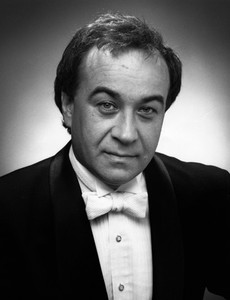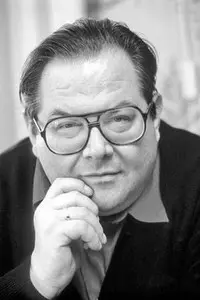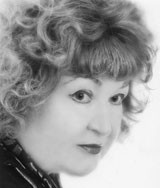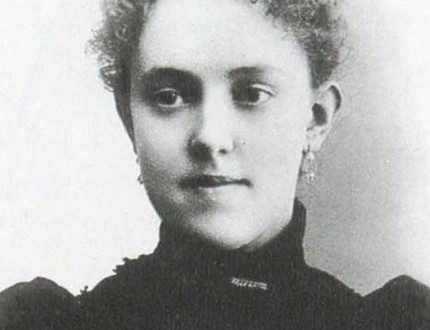
Vladimir Vladimirovich Viardo |
Vladimir Viardo

To some critics, and even to listeners, the young Vladimir Viardot, with his excited acting, lyrical penetration, and even a certain amount of stage affectation, reminded him of the unforgettable Cliburn of the times of the First Tchaikovsky Competition. And as if confirming these associations, the pupil of the Moscow Conservatory (he graduated in 1974 in the class of L. N. Naumov) became the winner of the International Van Cliburn Competition in Fort Worth (USA, 1973). This success was preceded by participation in another competition – the competition named after M. Long – J. Thibaut (1971). Parisians extremely warmly accepted the performances of the third prize winner. “In the solo program,” J.V. Flier said then, “the most striking features of his talent were revealed – concentrated depth, lyricism, subtlety, even refinement of interpretation, which brought him special sympathy from the French public.”
The reviewer of the magazine “Musical Life” attributed Viardot to the number of artists gifted with the happy ability to win listeners somehow easily and naturally. Indeed, pianist concerts, as a rule, arouse considerable audience interest.
What to say about the artist’s repertoire? Other critics drew attention to the pianist’s attraction to music, in which there is real or hidden programming, linking this fact with the peculiarities of the “director’s thinking” of the performer. Yes, the undoubted achievements of the pianist include the interpretation of, say, Schumann’s Carnival, Mussorgsky’s Pictures at an Exhibition, Debussy’s Preludes, or plays by the French composer O. Messiaen. At the same time, the repertory amplitude of the concerto extends to almost all spheres of piano literature from Bach and Beethoven to Prokofiev and Shostakovich. He, the lyricist, of course, is close to many pages of Chopin and Liszt, Tchaikovsky and Rachmaninoff; he subtly recreates the coloristic sound painting of Ravel and the figurative relief of R. Shchedrin’s plays. At the same time, Viardot is well aware of the “nerve” of modern music. This can be judged by the fact that at both competitions the pianist received special prizes for performing works by composers of the XNUMXth century – J. Grunenwald in Paris and A. Copland in Fort Worth. In recent years, the pianist has paid special attention to chamber and ensemble music-making. With various partners he performed the works of Brahms, Frank, Shostakovich, Messiaen and other composers.
Such versatility of the creative warehouse is reflected in the interpretive principles of the musician, which, apparently, are still in the process of formation. This circumstance causes ambiguous and sometimes contradictory characteristics of Viardot’s artistic style. “His playing,” G. Tsypin writes in “Soviet Music”, “rises above the everyday and ordinary, it has brightness, and scorching emotionality, and romantic excitement of tone … The Viardot performer perfectly hears himself – a rare and enviable gift! – he has a pleasant and varied piano sound in colors.
Highly appreciating, therefore, the creative potential of the pianist, the critic at the same time reproaches him for some superficiality, the lack of in-depth intellectualism. L. N. Naumov, who is probably well acquainted with the inner world of his pupil, objects to him: “V. Viardot is a musician who not only has his own style and rich creative imagination, but is also deeply intellectual.”
And in the concert review of 1986, which deals with the program from the works of Schubert and Messiaen, one could get acquainted with such a “dialectical” opinion: “In terms of warmth, some kind of nostalgic feeling, in the tenderness of colors in the sphere of dolce, few people can compete today with a pianist. V. Viardot sometimes achieves rare beauty in the sound of the piano. However, this most valuable quality, captivating any listener, at the same time, as it were, distracts him from other aspects of music. Right there, however, it is added that this contradiction was not felt in the concert under review.
As a living and peculiar phenomenon, the art of Vladimir Viardot gives rise to many controversies. But the main thing is that it, this art, has won the recognition of listeners, that it brings vivid and exciting impressions to music lovers.
Since 1988, Viardot has lived permanently in Dallas and New York, actively giving concerts and simultaneously teaching at the University of Texas and the Dallas International Academy of Music. His master classes are held with great success in prestigious educational institutions. Vladimir Viardot was included in the list of outstanding piano professors in the United States.
In 1997, Viardot came to Moscow and resumed teaching at the Moscow Conservatory. Tchaikovsky as a professor. During the 1999-2001 seasons he gave concerts in Germany, France, Portugal, Russia, Brazil, Poland, Canada and the USA. He has a wide concert repertoire, performs dozens of piano concertos with orchestra and solo monographic programs, is invited to work on the jury of international competitions, conducts.
Grigoriev L., Platek Ya., 1990





